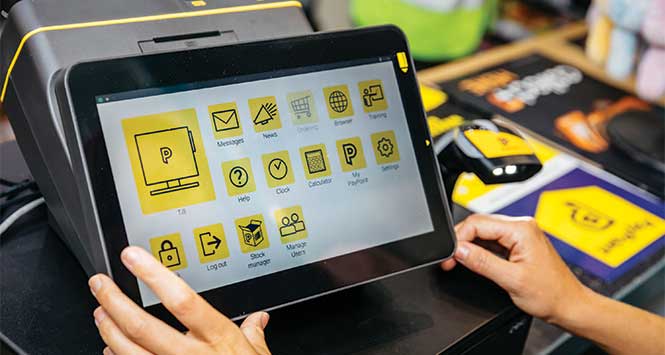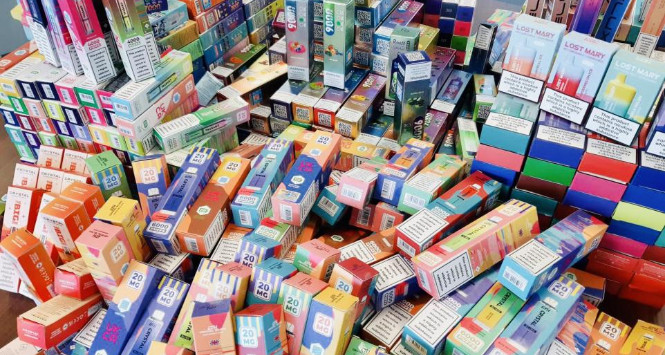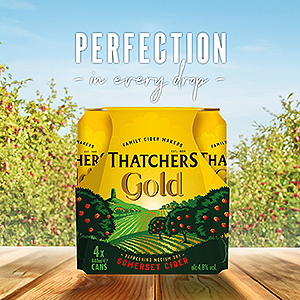Consumer card spending grew 1.9% year-on-year in February, significantly lower than the latest inflation rate of 4.2% and the smallest growth since September 2022, new data reveals.
The data from Barclays shows essential items saw less growth (2.3%) than in January (4.2%), with lower prices at the pump leading to a fall in fuel spending (-12.2%).
Food price inflation dropped to its lowest level since April 2022, at 7.0%, which contributed to supermarkets (3.9%) and food and drink specialist stores (2.7%) seeing lower uplifts than in January (both 5.2%).
The deceleration in food inflation has helped ease concern about rising grocery prices. While still high at 84%, this is the lowest figure recorded since Barclays started tracking this data point in December 2021.
The data shows 66% of Brits are still looking for ways to get more value from, or to reduce the cost of, their weekly shop. To save money, 42% of this group have cut down on supermarket impulse buys, while 32% is stocking up on their favourite or essential products when they are on offer. A further quarter is sticking to basic ingredients or cupboard stables – such as pasta, rice and vegetables – to prepare simple, cheaper meals at home.
Recent supply chain disruption and the continuing impact of shrinkflation are front of mind for shoppers. Over half (51%) has noticed supermarket products running out of stock in the last month, while 29% are specifically concerned about tea shortages, in light of reports of empty space on the shelves.
In addition, concerns about the cost and size of products remain high at 78%. As a result, 63% of Brits say that they would like to see the government taking action to intervene.
Meanwhile, 36% say they have noticed more examples of brands adding extra and hidden charges at the checkout when spending online, otherwise known as ‘drip pricing’.
The data shows concerns about inflation and rising household bills also softened to 84%, the most positive figures for more than two years, indicating that easing inflationary pressures are having a positive impact on household finances.
Karen Johnson, Head of Retail at Barclays, said: “At the supermarket, the majority of shoppers have noticed the impact of supply issues on stock, with tea shortages causing the most concern. Meanwhile, ‘drip pricing’ has topped the list of shopper bugbears, particularly when using food delivery services and buying airline tickets.
“With Brits having reined in discretionary spending during the winter months, and as inflationary pressures begin to ease, retailers will be hopeful that the onset of warmer weather lifts spending – particularly if consumer confidence improves in the summer.”
Jack Meaning, Chief UK Economist at Barclays, added: “We have continued to see encouraging signs of slowing price growth so far in 2024, particularly in the retail sector. Recent data shows shop price and grocery inflation decelerated significantly in February, as retailers offered shoppers discounts and promotional offers.
“This will be a welcome reprieve for consumers, and a probable explanation of last month’s subdued card spending growth: while many people will have taken advantage of recent price promotions, they look to have held back on spending at least some of what they saved elsewhere.”







